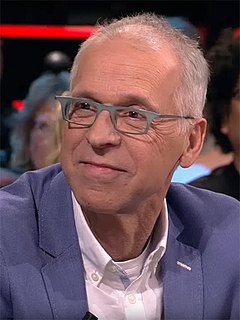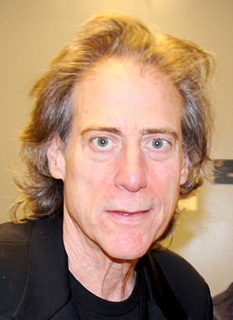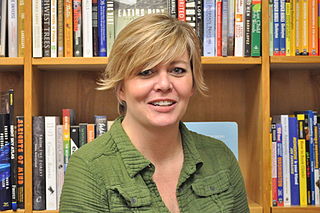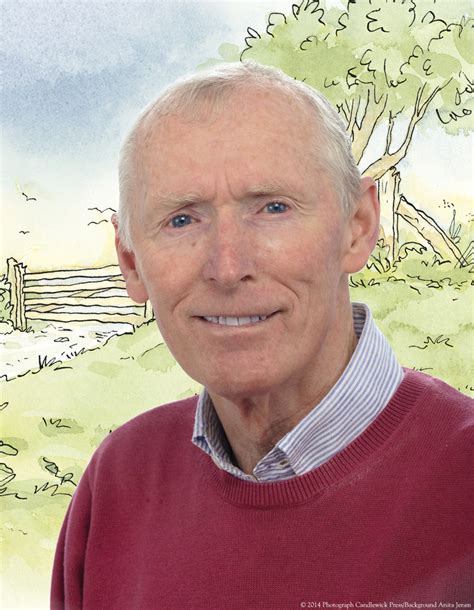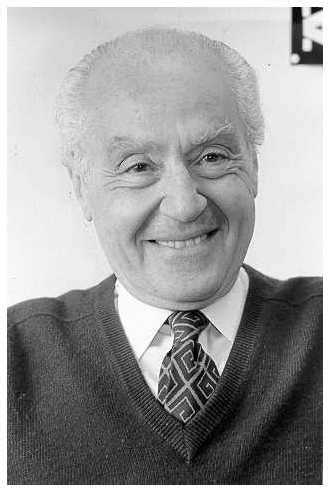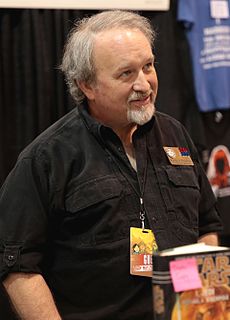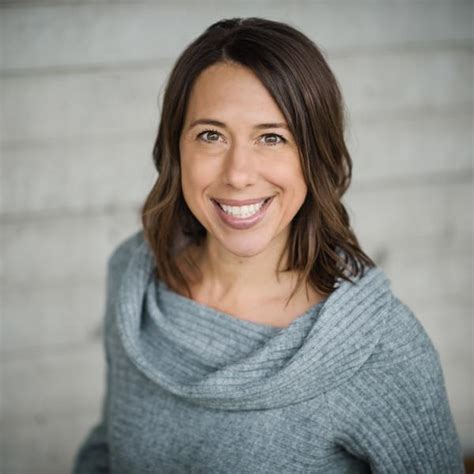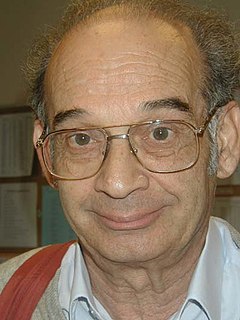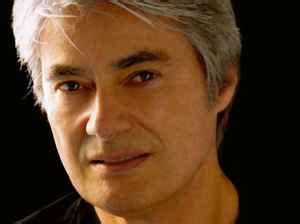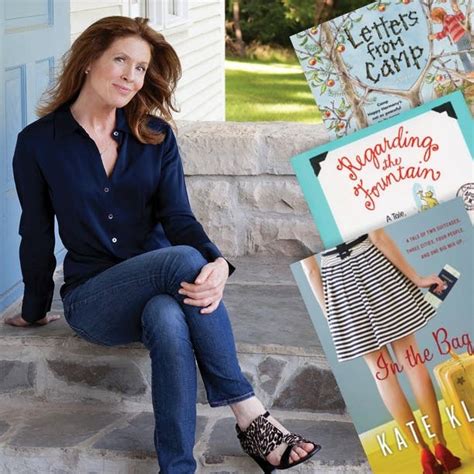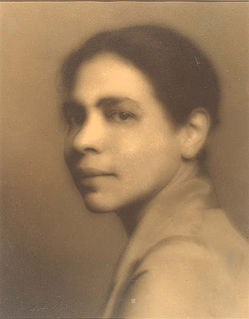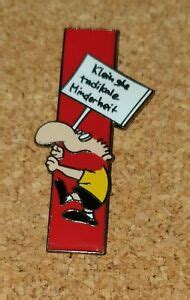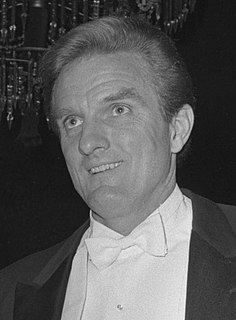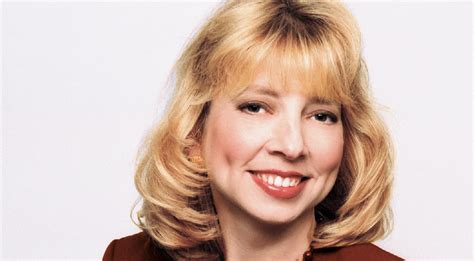Top 1186 Authors Quotes & Sayings
Explore popular Authors quotes.
Last updated on April 20, 2025.
All varieties of interference with the market phenomena not only fail to achieve the ends aimed at by their authors and supporters, but bring about a state of affairs which - from the point of view of their authors and advocates valuations - is less desirable than the previous state of affairs which they were designed to alter.
Authors also create lovable, friendly characters, then proceed to do terrible things to them, like throw them in unsightly librarian-controlled dungeons. This makes readers feel hurt and worried for the characters. The simple truth is that authors like making people squirm. If this weren't the case, all novels would be filled completely with cute bunnies having birthday parties.
Michael Koryta isn’t just one of the finest authors working in the crime genre today. He’s simply one of today’s finest authors, period. His stories are taut, compelling, and beautifully rendered. His understanding of human nature-the good, the evil, and all the gray between-is masterful. THOSE WHO WISH ME DEAD is Koryta at his best.
People often ask authors where their ideas come from, and often authors say they don't know. But I do know about this one. Once upon a time, my wife and I had three small children -- two boys and a girl, just like in the story. And when they were young, we used to tell them a story very like YOU'RE ALL MY FAVORITES.
There's a long-standing (50 year old) flame war within the field over whether it's "sci-fi" or "SF".SF has traditionally been looked down on by the literary establishment because, to be honest, much early SF was execrably badly written - but these days the significance of the pigeon hole is fading; we have serious mainstream authors writing stuff that is I-can't-believe-it's-not-SF, and SF authors breaking into the mainstream. If you view them as tags that point to shelves in bricks-and-mortar bookshops, how long are these genre categories going to survive in the age of the internet?
We rarely quote nowadays to appeal to authority... though we quote sometimes to display our sapience and erudition. Some authors we quote against. Some we quote not at all, offering them our scrupulous avoidance, and so make them part of our "white mythology." Other authors we constantly invoke, chanting their names in cerebral rituals of propitiation or ancestor worship.
Regardless of whether the authors I've translated have been "dead and canonized," or "living and established," or even simply "emerging," I must put myself to the same, old test: "can I do their texts justice?" I've translated twenty-one books, and except for three commissions, I "hand-picked" all my authors on the basis of whether my own peculiar idiosyncrasies would complement their own.
If the rewards to authors go down, simple economics says there will be fewer authors. It's not that people won't burn with the passion to write. The number of people wanting to be novelists is probably not going to decline - but certainly the number of people who are going to be able to make a living as authors is going to dramatically decrease.
At first critics classified authors as Ancients, that is to say, Greek and Latin authors, and Moderns, that is to say, every post-Classical Author. Then they classified them by eras, the Augustans, the Victorians, etc., and now they classify them by decades, the writers of the '30's, '40's, etc. Very soon, it seems, they will be labeling authors, like automobiles, by the year.
All the authors who've ultimately published Louder Than Words memoirs have been very happy to be chosen and excited about the possibility of having their memoir published. Even though these books deal with serious, often painful, issues, in all cases the authors felt as though writing their story would be an empowering and healing experience.
[My approach to the Bible, history does really matter.] Everything matters. But I have priorities. For instance, for me to know whether there were two Isaiahs or one is less important than the text itself. Of course I read the arguments for and against. But it's not my task in life to say there were two or three authors of Isaiah's book, or how many authors there were of Deuteronomy. This is not what I'm doing.
Some authors state that the last stage in this chain of measurements involves "consciousness," or the "intellectual inner life" of the observer, by virtue of the "principle of psycho-physical parallelism." Other authors introduce a wave function for the entire universe. In this book, I shall refrain from using concepts that I do not understand.
There are authors like David Foster Wallace or Raymond Chandler - with voice-based authors I might end up a completist, because what I love about them isn't just the particular construction of one novel or another but their flavor. There is an Austrian writer, Thomas Bernhard, as well. One book is not necessarily greater than another book, but they just have this incredible, unique voice, so it doesn't really matter which one you read.
Many adult book authors supplement their income by teaching at the college level. Full-time professors fare well, but pay for adjunct professors is notoriously shabby. Children's book authors have a sweeter deal. We're invited by schools, libraries, law firms, and Fortune 500 companies to share our best writing tips and strategies.
Teachers and librarians can be the most effective advocates for diversifying children's and young adult books. When I speak to publishers, they're going to expect me to say that I would love to see more books by Native American authors and African-American authors and Arab-American authors. But when a teacher or librarian says this to publishers, it can have a profound effect.
Living authors, therefore, are usually, bad companions. If they have not gained character, they seek to do so by methods often ridiculous, always disgusting; and if they have established a character, they are silent for fear of losing by their tongue what they have acquired by their pen--for many authors converse much more foolishly than Goldsmith, who have never written half so well.
The primary objective of copyright is not to reward the labor of authors, but ‘[t]o promote the Progress of Science and useful Arts.' To this end, copyright assures authors the right to their original expression, but encourages others to build freely upon the ideas and information conveyed by a work. This result is neither unfair nor unfortunate. It is the means by which copyright advances the progress of science and art.
Schoolchildren all over America are told to write to authors-often to authors whom they have never before heard of, whose work they are to young to understand in the least, and often in letters which are almost illiterate. If children are to be taught to respect the work of American poets I think some better way might be found to do so- some way which would not make such an inconsiderate demand on the author's time.
We're in the media business today. We're in the business of helping authors and publishers market their books to readers. And that's where we make our money. We sell book launch packages to authors and publishers and really help accelerate, build that early buzz that a book needs to succeed when it launches and accelerate that growth through ads on the site.
I particularly love where I work because I was born, raised, and still live in the Bronx. I work in a Bronx location, so it's very fulfilling to me to be working in my home borough, and working with kids that are a lot like me and who can see themselves in me. My own teaching philosophy is to expose them to books that they might not otherwise read, particularly authors of color, authors whose stories are based in New York City.
It's easy to sell good news like this, and the authors confidently rely on classic fallacious arguments. They argue by declaration, which is what makes the books so amusing. In matter-of-fact, authoritative tones, the authors tell us how plants and human beings exchange energy - or they describe what angels look like, whether or how they're sexed, how they communicate with human beings, and how they differ from ghosts. Readers might be expected to wonder, How do they know?
Of course, there are hundreds of novels and authors that have influenced me. But to choose three, they are: Stephen King/The Stand (and really most of his books); Anne Rice/The Witching Hour; and Pat Conroy/The Prince of Tides. These authors write my favorite kind of book - epic feel, gorgeous prose, unique characters, and a pace that keeps you turning the pages. From them, I learned a lot about characterization, pacing, prose, voice, and originality.

